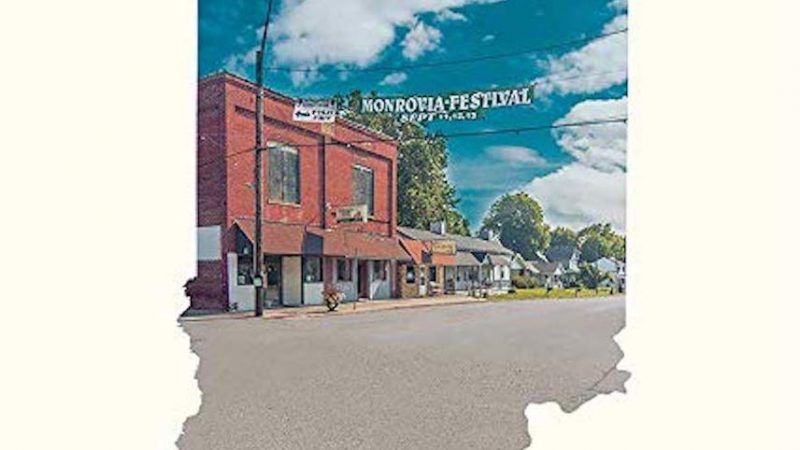Monrovia, Indiana

The city symphony was a film genre that flourished in the 1920s and then tapered off after the silent era. With little in the way of narration or title cards, each movie explored the many sides of a single city—different neighborhoods, different trades, different sorts of suffering, different forms of fun. They were poetic, experimental, and sometimes a little free-associative.
Frederick Wiseman's Monrovia, Indiana feels like a modern city symphony, albeit with two big changes. The first is that it isn't silent, so we can actually hear the conversations on screen. (Fortunately, there's still no hand-holding narration.) The second is that Monrovia has fewer than 2,000 people, making this more of a small-town symphony. Small or not, there's plenty to explore, from the feedlots to the schools, a wedding to a funeral, a tattoo parlor to a ritual at the Masonic hall.
Some reviewers have radiated frustration that Wiseman would make a documentary about rural America in which no one ever says the word "Trump." But there's plenty of politics here; it just doesn't take the form of yet another patronizing red-state safari. Aside from a sign on a gun-shop wall and some stickers for sale at a town fair, we don't see any references to national issues. But we listen in on many local issues, some with larger resonance. You can hear echoes of broader controversies when the town council debates whether a development called Homestead is a burdensome crime magnet or a much-needed boost to growth.
It's no surprise when we glimpse a couple of those council-members at a GOP booth at the fair—most of the town is Republican. They still have plenty to argue about.
This article originally appeared in print under the headline "Monrovia, Indiana."
Editor's Note: As of February 29, 2024, commenting privileges on reason.com posts are limited to Reason Plus subscribers. Past commenters are grandfathered in for a temporary period. Subscribe here to preserve your ability to comment. Your Reason Plus subscription also gives you an ad-free version of reason.com, along with full access to the digital edition and archives of Reason magazine. We request that comments be civil and on-topic. We do not moderate or assume any responsibility for comments, which are owned by the readers who post them. Comments do not represent the views of reason.com or Reason Foundation. We reserve the right to delete any comment and ban commenters for any reason at any time. Comments may only be edited within 5 minutes of posting. Report abuses.
Please to post comments


That's it?
Great cultural story. Even captures the mood of small-town America. Postrell-like.
More like this, please.